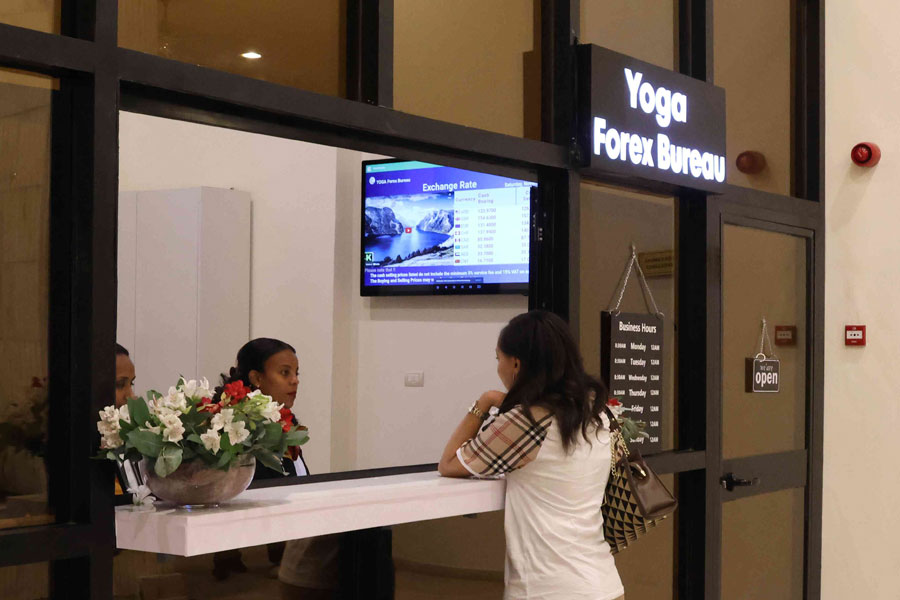
One of the days last week I had a rendezvous to have coffee with a long-time friend. A routine we have had for years. It was after five o’clock in the afternoon yet an hour before I left my house. I came out in a hurry not to miss the sun before its setting, and enjoy its balmy warmth as the climate struggles to stay hot, weathering to be overtaken by the decidedly cold temperature, that reigns the evening.
Just as I left my house, one of the 11th-grade students from the neighbourhood was passing by the cobblestone alleyway. I did my utmost to salute him or rather to ask him how the day went by. My subtle voice progressed to a shout that was never heeded and he hurriedly disappeared turning to a nearby junction. No doubt, his attention was completely taken over by his earphones.
What seemed like an uncluttered mind ideal for a walk, suddenly turned otherwise. I posed queries about whether the young boy had been manifesting mindfulness, engrossed with contents from his smartphone. I wondered if the contents foster independent thinking and curiosity to appreciate innovation, or quenched his thirst for relevant and fit information for his age. The alternative is he was immersed in mindlessness with a kind of the-lyric-does-not matter songs repeatedly.
As I brood over the issue over a long walk, unusually tired, I arrived at the café and met my friend. Our conversation commenced with my reassuring remarks about her child's unexpected national exam result. Before we wrapped up our conversation, I stroke a chord from her memory the story of our mutual friend who turned what many thought a failure in the national exam into a brass ring than a fall off from academic life. After receiving the unfortunate news, he lamented for a while but resolved to join Addis Abeba University Business Faculty evening program.
The extension programs were unique then because of the size of classrooms, instead of lecture halls. It was a unifying aspect not only for the lecturers to the students but also for students themselves which initiated study groups. As almost all the other group members emanated from the daytime busy office environment, the burden of group leadership rest on his shoulders which he accepted resolutely. Moderation of all discussions in the group made him more resourceful and committed.
The tracked outcome reflected majorly on the respect he earned from his close associates, but most importantly his distinctive grades. It was not long before the university noticed his performance and transfer to the regular(day) program that eventually culminated his undergraduate endeavour with the faculty’s gold medal. That recollection was an antidote that immediately glowed on my friend’s face, with a kind of 'I cannot wait to share this with my son' look.
One of life’s secrets is awareness and confidence to navigate through failure.
As we part ways, I was engulfed with an inebriating barrage of the almost absent interactive ambience from our schools. Chilling thoughts from what I watched recently about a veteran school on one of the TV channels uploaded on the internet kicked in. Amidst the program, the anchor voiced how he was teased by the students while filming. I broke out with a cold sweat as I figured out the millions of subscribers to hundreds of thousands of accounts, spaces that ensured unprecedented medium for interactivity is mostly occupied by the young; ridiculous spellings, deformed grammar, outrageous logic, puns, malapropisms, and salty aphorisms. That is in contrast to the attention to detail demanding ambience of schools.
No doubt schools need to cherish students' creativity and power of self-expression, by making responsiveness their hallmark that caters to emotion or human needs. The people behind digital entities need to be aware that every more subscription or view sways the young from the classroom. It is time to reassess their motive and reflect on their significant contribution to shrinking academic achievement as well as maturity and boosting cultural illiteracy.
Lure the young and children to be more interactive where it matters most, schools. Help students grasp independent thinking, curiosity, innovation, and the ability to mine, scrutinize and process information.
PUBLISHED ON
Feb 11,2023 [ VOL
23 , NO
1189]


Radar | Dec 11,2021

Commentaries | Feb 23,2019

Featured | Nov 16,2024

Commentaries | Mar 07,2020

Dec 22 , 2024 . By TIZITA SHEWAFERAW
Charged with transforming colossal state-owned enterprises into modern and competitiv...

Aug 18 , 2024 . By AKSAH ITALO
Although predictable Yonas Zerihun's job in the ride-hailing service is not immune to...

Jul 28 , 2024 . By TIZITA SHEWAFERAW
Unhabitual, perhaps too many, Samuel Gebreyohannes, 38, used to occasionally enjoy a couple of beers at breakfast. However, he recently swit...

Jul 13 , 2024 . By AKSAH ITALO
Investors who rely on tractors, trucks, and field vehicles for commuting, transporting commodities, and f...

Jun 28 , 2025
Meseret Damtie, the assertive auditor general, has never been shy about naming names...

Jun 21 , 2025
A well-worn adage says, “Budget is not destiny, but it is direction.” Examining t...

Jun 14 , 2025
Yet again, the Horn of Africa is bracing for trouble. A region already frayed by wars...

Jun 7 , 2025
Few promises shine brighter in Addis Abeba than the pledge of a roof for every family...